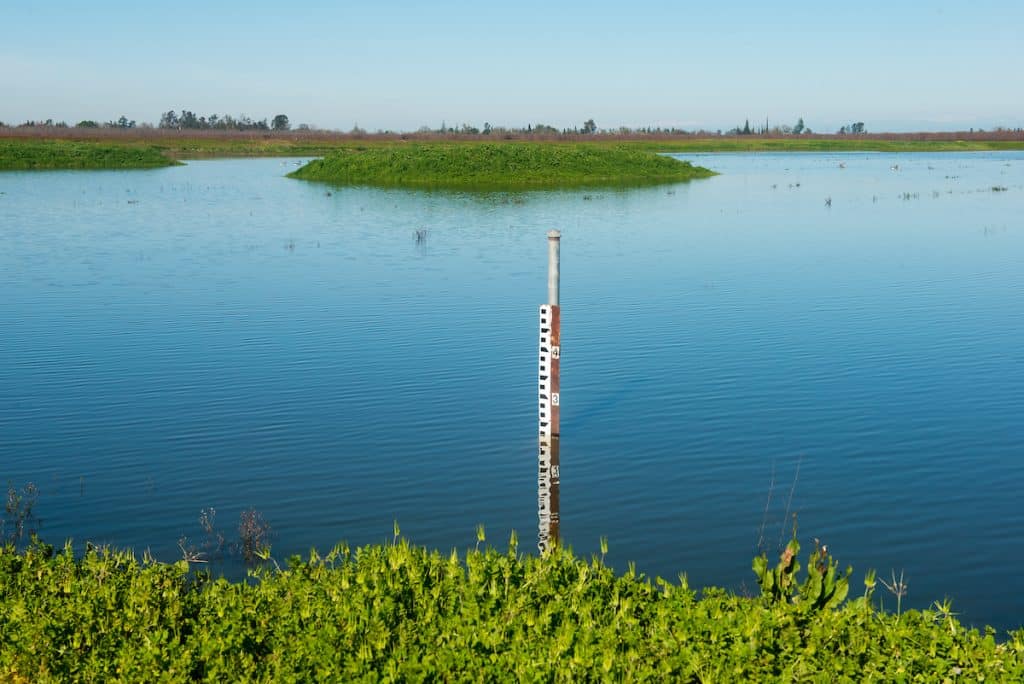The Freshwater Trust partners with local groups to engage disadvantaged communities in water management
May 11, 2018
To engage disadvantaged communities in plans to sustainably manage groundwater in California, The Freshwater Trust (TFT) will receive a $490,000 grant from the California Department of Water Resources (DWR).
Like the majority of Californians, most of the communities in eastern Solano County rely almost exclusively on groundwater – as opposed to surface water, such as rivers and streams.
“While domestic use is a small fraction of total groundwater use, those water supplies are critically important to local communities,” said Erik Ringelberg, California Director with The Freshwater Trust. “Typically, there are no other supplies available to replace groundwater, leaving localities with few good options in the face of declining and sometimes contaminated water sources.”
The Sustainable Groundwater Planning Grant Program administered by DWR is funded through California’s Proposition 1, legislation passed in 2014, during one of the worst drought years in state history. It authorizes approximately $7.5 billion in bonds to fund projects that improve water security, groundwater sustainability, flood management, drinking water quality and more.

Groundwater recharge ponds at a drinking water treatment plant in northern California.
That same year, the state passed the Sustainable Groundwater Management Act (SGMA), requiring governments and water agencies in key areas to develop and implement Groundwater Sustainability Plans (GSPs) to sustainably manage their local groundwater resources by 2040.
“Making sure these plans consider the needs and concerns of all water users will require all communities having a say in the management of their water,” said Ringelberg. “This grant funding will allow TFT and partners to bring uniquely valuable and local voices into the conversation in a meaningful way through targeted outreach and follow-up.”
Disadvantaged communities are defined by the state of California as those where incomes are less than 80% of the state’s median household income. Severely disadvantaged communities are those where incomes are less than 60% of the state’s median household income.
Based on Census data, several communities near Vacaville, Dixon and Rio Vista meet that criteria. Median household incomes range between $24,000 and $34,000.
Economic realities can prevent certain individuals and families from actively engaging in management decisions that affect crucial resources. Attending public meetings may require time off from work or child care. Language barriers can also create difficulty in accessing information. And yet, these communities are often entirely dependent on groundwater, and therefore most significantly impacted by unsustainable practices.
With this funding, TFT will work with local partners to host workshops about the future of groundwater in their areas and develop targeted education materials in multiple languages, including Spanish and Cantonese.
“Water quality and quantity issues anywhere, and definitely here, impact a multitude of people with diverse perspectives and economic realities,” said Ringelberg. “It doesn’t make sense to miss the critical opportunity to engage with those who will be directly impacted by the groundwater plan. Ensuring that their needs and concerns are properly considered and that there’s a shared understanding about the future of local water resources is a crucial step in this process.”
Since opening its offices in California in 2016, TFT has focused work in and around the Northern Delta region.
“The Sacramento-San Joaquin Delta is essentially the hub for water in this state,” said Ringelberg. “First – it’s huge. It covers more than 1,100 square miles and provides water to all the Bay Area as well as coastal and southern California. And in addition to supporting a significant population of people, it’s also one of the largest estuaries in the state. These are characteristics that make it an area of focus for our work.”
#groundwater #Sustainable Groundwater Management Act
